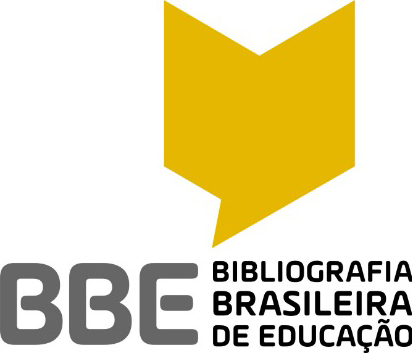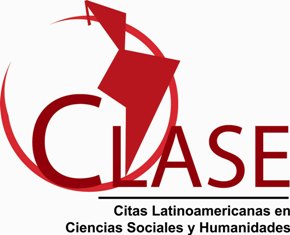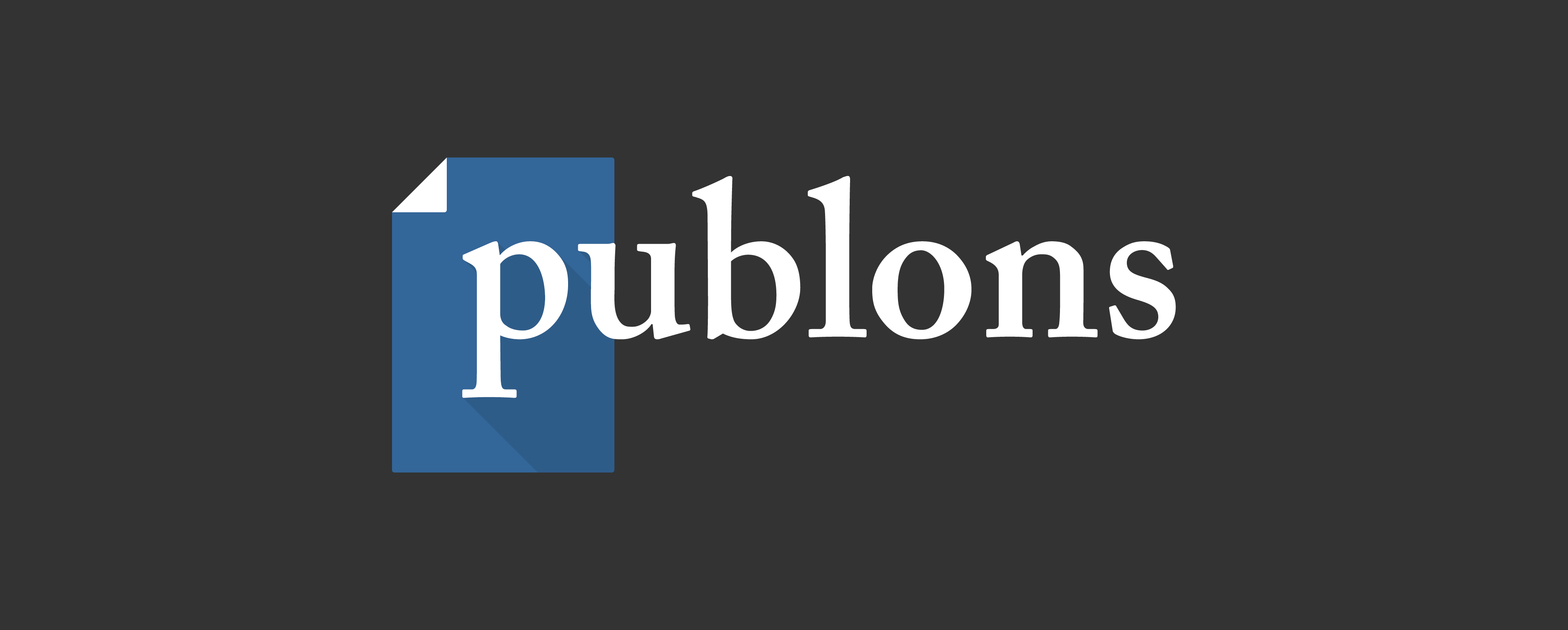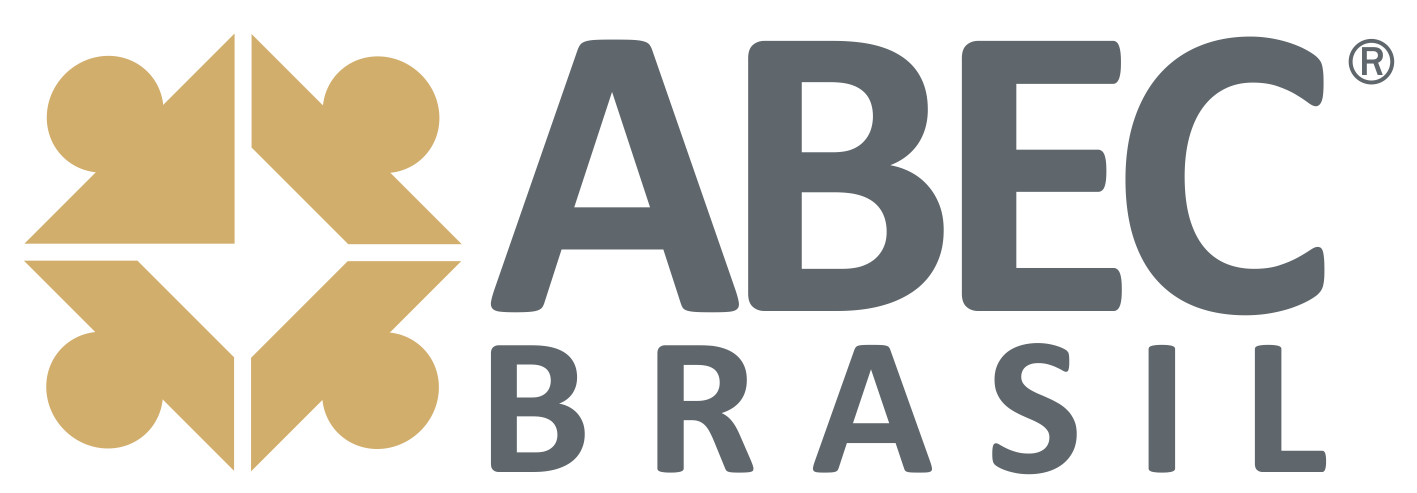Argumentação em discurso na educação infantil: era uma vez João e Maria
DOI:
https://doi.org/10.22169/revint.v17i40.2293Abstract
By promoting classroom activity in which authoritarian discourse (ORLANDI, 2015) predominates, the meanings are regulated, and can prohibit the subject-students from certain discursive formations. These findings have raised the need to investigate, how the practice of oral argumentation occurs in early childhood education. For this, we start from a short story of children's literature, “João e Maria (Ciranda Cultural)”, with the assumption that literature can contribute to be possible to build an interlocution that puts the argument into operation. This work, which has as theoretical foundation the Analysis of pecheuxtian discourse, is a qualitative study, whose objective is to analyze discourses produced orally by subjects who attend the 1st stage of Early Childhood Education, aged five. years, from a Municipal Children's Education Center (CMEI), in the interior of the state of São Paulo. The discourses that constitute our corpus were produced by the subject-students, based on the reading and interpretation of the classic short story, supported by the functioning of the controversial discourse (ORLANDI, 2015). This research argues that literature should be in the classroom as a right and a way of humanization, as suggested by Cândido (1989). Through the evidential paradigm of Ginzburg (1989), we look for clues to understand the meanings discursed about the short story “João e Maria”. The results show us that the subject-students reproduced the discursive training on oral health, which circulated as dominant in a project carried out by the school, at the time of our data collection. Thus, the argumentation did not make room for the dispute of meanings.
Key-words: Argumentation; Discourse; Early Childhood Education; Subject; Literature.
Downloads
Downloads
Published
How to Cite
Issue
Section
License
Os direitos autorais dos artigos publicados na Revista são de acordo com a licença CC-BY-ND - Creative Commons ( https://creativecommons.org/licenses/by-nd/4.0/legalcode)
Esta licença permite que outras pessoas reutilizem o trabalho para qualquer finalidade, inclusive comercialmente; no entanto, não pode ser compartilhado com outras pessoas de forma adaptada e o crédito deve ser fornecido ao autor.
Os direitos autorais dos artigos publicados na Revista são do autor, com os direitos de primeira publicação para a Revista





























